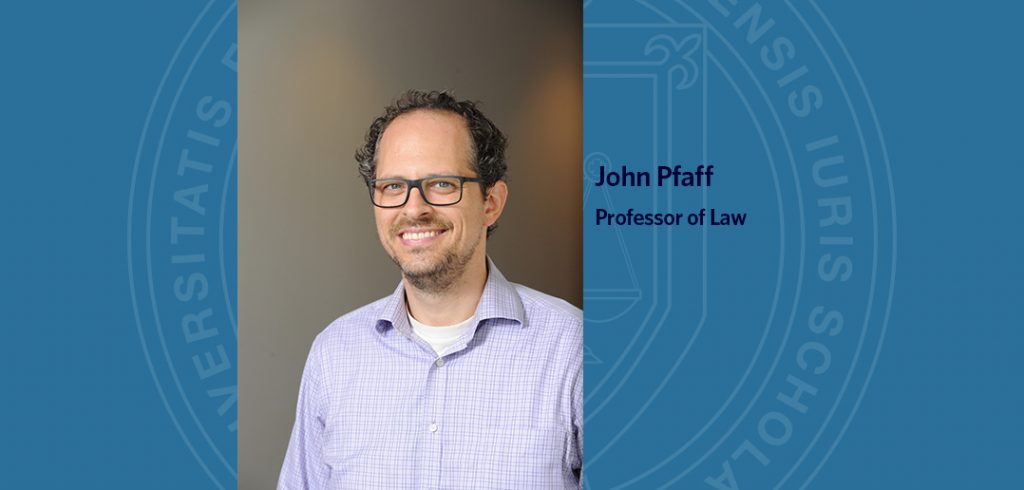Professor John Pfaff shared his expert opinion with Vox on the Derek Chauvin conviction and how it could affect police reform moving forward.
While Americans waited Tuesday for the verdict in the trial of Derek Chauvin for the murder of George Floyd, Fordham Law professor and prominent criminologist John Pfaff tweeted something grim.
He wondered: Would a conviction, “however much justice demands it,” actually be a step forward?
“Would an acquittal here,” Pfaff continued, “push more people to demand more radical change? Does a conviction lead too many to think ‘the system corrects itself.’ Or… not?”
…
A guilty verdict was essential in this case for many reasons, but I think it’s very essential also to understand how limited an accomplishment it is and how limited an outcome it is. It provides much-needed accountability for one particular person who did one specifically bad thing. But I get concerned it will be seen that somehow in this situation our institutions actually worked.
And what I was wrestling with is that the risk that seeing the conviction as the system working frames as individualistic something that is much more systemic. That to react after the harm has happened somehow makes up for the fact that we never took the necessary steps to prevent that in the first place.

